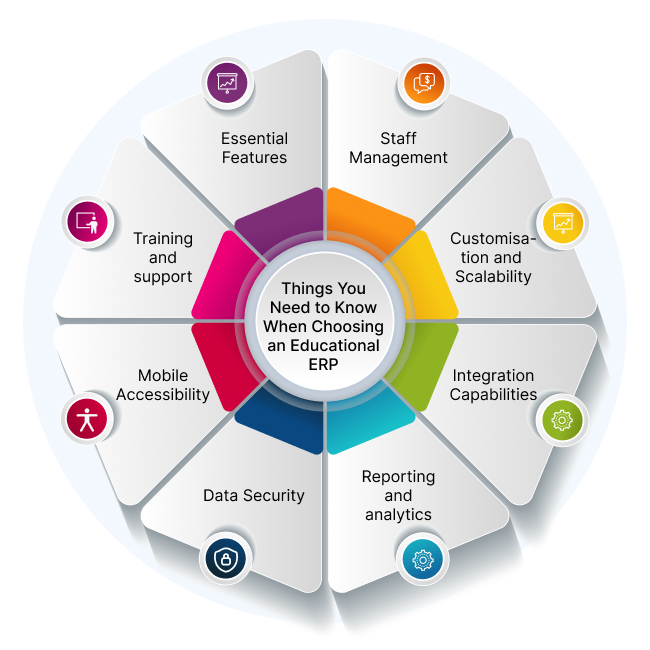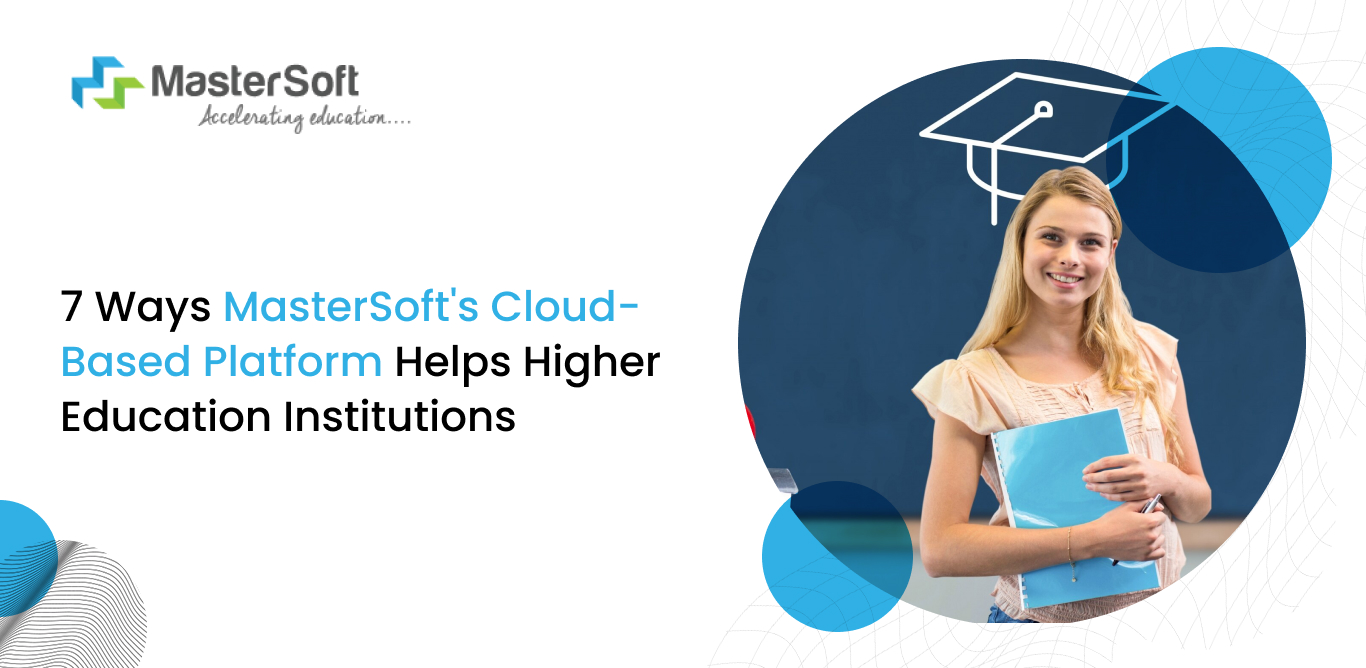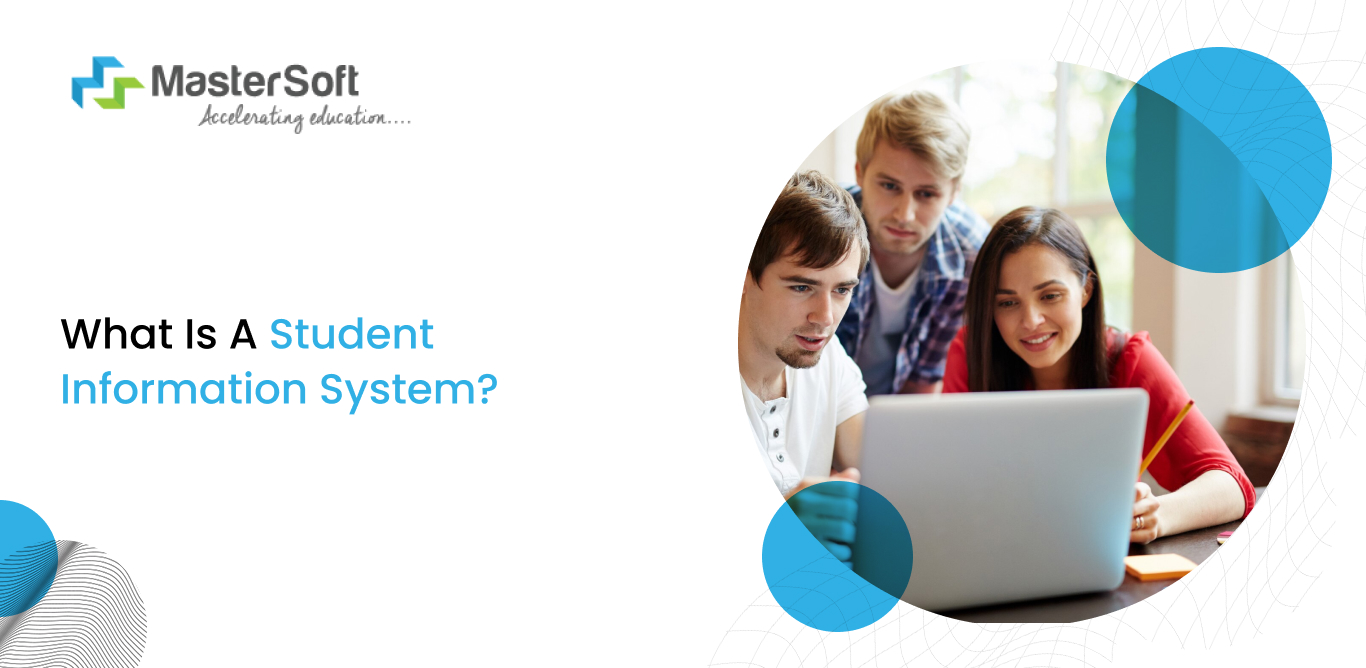03, June 2024
Facilitating quality education is not an easy feat, especially when institutes have to consider several factors. It entails recruiting qualified teachers and implementing appropriate methodologies to monitor student performance.
When such extensive operations are at stake, relying on manual-intensive approaches is not ideal. On the contrary, tools like education ERP are the perfect technological assistive tools that reduce the administrative workload and provide institutional efficiency.
But with so many tech tools available on the market and all claiming to be the best, it is hard to make the right decision. Hence, take a look at the things you should know to narrow down the choice.

1. Essential Features
Paper-based conventional mechanisms and basic computerised systems have been key to streamlining administrative activities. However, they can hardly keep up with the ever-evolving requirements of the institute.
That is why ERP software is the ultimate solution, and while browsing for it, ensure to check that it has the following comprehensive features:
- Attendance Tracking: The system helps to record and track student attendance effortlessly without any manual intervention. Teachers don’t need to spend extra time and effort making individual student entries.
- The system generates attendance reports that reflect the number of frequent absentees, helping to identify at-risk students.
- Grade Management: It allows you to simplify post-exam formalities by automating the grade and assessment reports. Students, teachers, and parents can access them through their respective portals.
- Also, you can obtain academic reports that highlight the overall performance of a student.
- Exam Management: The software automates end-to-end procedures for examinations, such as printing and storing questionnaires. Furthermore, the final result declaration, generation, and grade card creation.
- Time Table Scheduling: You can schedule the timetable of exams, scholastic events, parent-teacher meetings, etc. At the same time, you can send important notifications of upcoming events through email and messages.
Transform Digital Education With Higher Education ERP System
2. Staff Management
From approving leaves to checking the overall performance of the staff, institute leaders execute urgent tasks in a timely manner. However, additional responsibilities and their on-premise unavailability can delay other tasks.
What’s more, it also helps to carry out significant functions such as:
- Accurate Record Storing
The software helps you store records of all staff members, including their qualifications, personal information, certifications, and employment histories.
- Performance Tracking
You can set performance goals with the help of the software, conduct performance reviews, and monitor and evaluate staff performance. Consequently, it helps to identify areas for improvement.
- Leave Management
Employees can apply for leaves conveniently, and institute leaders can approve them remotely and digitally. Furthermore, you can track the leave balances and substitute other faculty accordingly, helping to avoid any workflow disruption.
3. Customisation and Scalability
Technological integration and adopting modern applications is more than a mere trend that helps automate the most time-consuming activities. Nevertheless, assessing your institutional requirements is the primary step that you must prioritise.
The simple reason is that it helps to determine your institute’s specific needs, which might be different from others. For instance, others might not require extra applications due to their existing system, but you do due to the evolving student population.
Therefore, ensure that the software you choose has high scalability that allows you to modify existing features. The educational ERP must be customisable, helping to adapt to the varying institutional requirements.
As a result, you will be able to add custom fields and integrate with other systems and applications to elevate organisational workflow.
4. Integration Capabilities
Will the system integrate well with the new applications that your school or college will adopt in the future? This is a vital question that you need to consider while browsing for ERP software because the institute’s requirements might change.
Regardless of whether the institute is small or large, it strives to expand its operation; hence, it will require further systems. Therefore, you must check whether or not the software has the built-in capacity to integrate with other tools seamlessly.
For example, it must be able to integrate with accounting software, communication platforms, and teaching and learning applications. One of the biggest advantages is that it provides excellent cross-functional efficiency and reduces manual work overload.
MasterSoft ERP: A Ready-To-Implement Solution Aligned With NEP Standards
5. Reporting and analytics
What is the average drop-out rate at the college? How many students have registered but have not completed the admissions process? Which courses or programmes have witnessed increased enrollment?
These questions are instrumental in determining the course effectiveness, enrollment pattern, and efficiency of the admissions system. That is where ERP higher education can assist you through its reporting and analytics features.
The reporting and analytics features generate comprehensive reports on different aspects of institutional operations. Teachers can obtain weekly and monthly reports of student performance, helping to track their progress.
Similarly, a combination of attendance, assessment, and assignment records provides analytical reports. Consequently, you can determine whether they have progressed or declined further in terms of learning outcomes and academic goals.
6. Data Security
One has to deal with security concerns when it comes to collecting and maintaining information in a digital format. On top of that, cyber attacks, malware, and hacking activities are major obstacles that threaten data integrity.
Hence, ensure that ERP software complies with data protection principles and provides high-security features such as:
- Role-based access control
It ensures that authorised personnel (faculty, administrators, and institute leaders) can access institutional data with valid passwords.
- Encryption Method
The encryption method protects data through ciphertext, disallowing the entry of unauthorized users into the system.
- Data-Backup
The software conducts regular data backups, helping you to avoid data loss.
7. Mobile Accessibility
The role of smartphones has extended beyond calling, texting, and playing games and has become a companion tool for learning. Likewise, its usage is critical in facilitating remote access for stakeholders in an education institute.
Hence, ensure that the educational ERP is mobile-friendly because it will help teachers incorporate mobile and microlearning. Moreover, the admin department and other team members should be able to access and share information on mobile devices.
8. Training and support
If a particular software meets all the above criteria, you need to check the ‘’last but not least’’ feature, which is training and support. Why? The answer lies in the fact that operating any new system requires elaboration and explanation.
Besides, everyone is not tech-savvy, especially when most of them have been accustomed to traditional paper-based systems. Therefore, ensure that the vendor provides adequate training and after-sales support.
As a result, your institute staff members and faculty can navigate the software without any issues, leading to a smooth user experience.
Bottom Line,
The ed-tech space is booming with advanced tools and solutions, and with every passing year, there are new and better tech inventions. Nevertheless, you need to assess your institutional needs and determine which system aligns with them.
Also, ensure that the software comes with must-have features like customizability and scalability when choosing the best educational ERP.
Unsure about the curriculum mapping process? Connect with MasterSoft ERP solutions to streamline your curriculum mapping.
Mobile: 08448010216
Email: janki.somani@iitms.co.in













